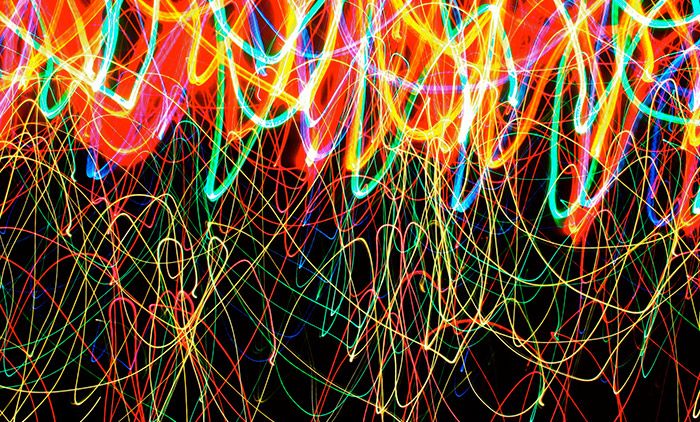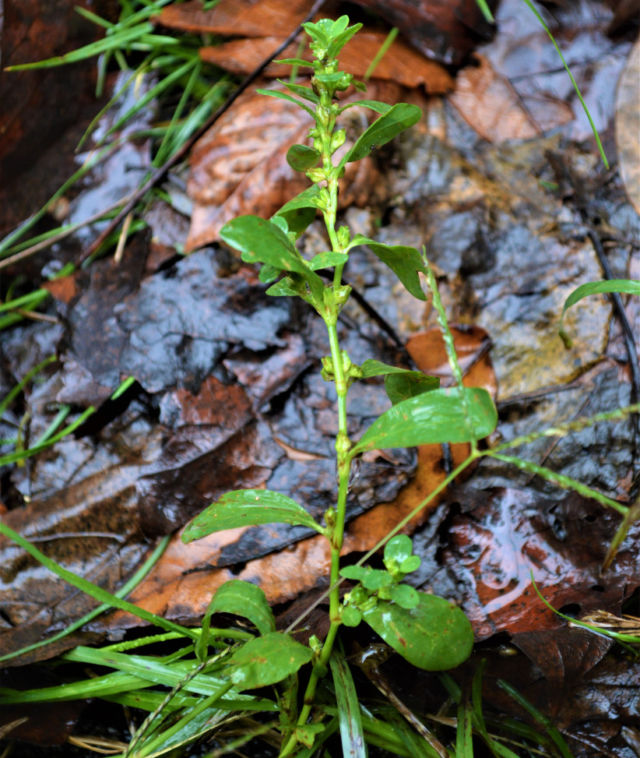via Boing Boing by Ferdinando Buscema

The Act of Reading
It's been 10 years since the writing of The Atlantic's now classic essay Is Google Making Us Stupid? in which Nicholas Carr addressed how our reading habits (and our cognition in general) have been collectively affected by the use of the Internet. Carr observed his own scattering of attention, a lessening of concentration for extended periods of time, which overall makes the act of reading more and more fragmented, impoverished and shallow. To quote Carr's eloquent metaphor: “Once I was a scuba diver in the sea of words. Now I zip along the surface like a guy on a Jet Ski.” And over the past decade, our nearly ubiquitous access to the World Wide Web has made things worse.
Continue reading
In keeping with the subject matter, this is a much longer post than is usual for Boing Boing. Worth reading.
==============================
via 3 Quarks Daily: Elise Crull in Aeon

Photo by Alan Levine/Flickr
In the summer of 1935, the physicists Albert Einstein and Erwin Schrödinger engaged in a rich, multifaceted and sometimes fretful correspondence about the implications of the new theory of quantum mechanics. The focus of their worry was what Schrödinger later dubbed entanglement: the inability to describe two quantum systems or particles independently, after they have interacted.
Continue reading
==============================
via the Guardian by Svetlana Mintcheva

‘The people are marching on the Bastille of male privilege.’
Photograph: Giuseppe Cacace/AFP/Getty Images
After the turmoil in the film industry, the art world, with its roster of questionable characters, was sure to follow.
Following accusations of sexual misconduct, Washington’s National Gallery of Art has indefinitely postponed an upcoming exhibition of Chuck Close, one of this country’s most celebrated portrait artists and Seattle University removed his “Self-Portrait 2000” from display citing concerns over “potential student, faculty or staff reaction”.
The anger directed at men like Close, who are alleged to have abused their power to abuse women (Close acknowledged he made crude comments about women’s bodies in the past and apologized for doing so), is not surprising. The outrages of the old regime have been exposed for all to see. The people are marching on the Bastille of male privilege. But it is one thing to call for the punishment of men who may have committed despicable acts, and quite another to condemn their art to oblivion.
Continue reading
==============================
via the OUP blog by Andrew Hadfield

Renaissance schallaburgfigures by bogitw. Public Domain via Pixabay
We are obsessed with lying, a subject which has been much in the news recently. A main concern has been the production of ‘fake news’, news that is a lie. The issue is of fundamental importance: if we don’t have proper evidence and accurate testimony then we can never get to the truth. Of course, sometimes that is not possible however hard we try, but that does not mean we can abandon conceptions of truth. Without a belief in truth there can be no conception of lying and all behaviour becomes morally relative. This is why there is a widespread belief that lying is such an awful crime, that to be exposed and labelled a liar singles out the perpetrator as scarcely human. It is little wonder that there are so many lists of famous liars easily available on the internet debating whether Richard Nixon is worse than Lance Armstrong, Bill Clinton more pernicious than Jeffrey Archer, or Zeus more culpable than Odysseus. Lying generates easily justifiable anger as it violates a fundamental human contract which demands that we tell the truth when asked.
Continue reading
==============================
via Interesting LIterature
Are these the best river-themed poems?
Many great towns and cities are built on the riverside, since fresh water is one of the basic human necessities. So it’s little surprise that poets have often waxed lyrical about the life-giving properties of rivers and streams.
Continue reading
==============================
via Boing Boing by Cory Doctorow

Cornell archaeobotanist Natalie Mueller harvests "weeds" from across North America, seeking the remnants of "lost crops," the plants cultivated by the people who lived here 2,000 years ago.
Continue reading
==============================
via the OUP blog by Anatoly Liberman
Warning: opening image is of a snake
About every well-known English idiom one can nowadays find so much interesting material on the Internet that almost nothing is left for an ambitious etymologist to add. Mad as a hatter has been discussed especially often, and my detailed database contains nearly nothing new. Yet I decided to join the ranks of the researchers of woeful countenance because of my slightly untraditional approach to the problem.
Continue reading
==============================
via Big Think by Frank Jacobs

This Monday [28 January 2018], winter floods in Paris finally peaked, with the Seine river reaching a level of 5.84 metres – 4 metres more than normal. Those measurements come from the official hydrometric scale on the Austerlitz bridge. Most Parisians prefer another yardstick for the water level: the zouave of the Alma bridge.
December and January have been the second-rainiest two-month period since 1900, when records began in France. As a result, homes, shops and roads in Paris close to the river have been inundated. Service on a train line under the river has been halted. River traffic is suspended. The Louvre, the Musée d'Orsay and the Orangerie are all ready to move works to higher locations if the Seine rises any further. Rats, flushed out of their subterranean dens, are invading the city at ground level, also looking for dry shelter.
Continue reading
==============================
via Boing Boing by Andrea James

Among living things, the color blue is oddly rare. Blue rocks, blue sky, blue water, sure. But blue animals? They are few and far between. And the ones that do make blue? They make it in some very strange and special ways compared to other colors. In this video, we'll look at some very cool butterflies to help us learn how living things make blue, and why this beautiful hue is so rare in nature.
Continue reading and watch the video
==============================
via Interesting Literature
The meaning of Blake’s powerful allegorical poem
Many of William Blake’s greatest poems are written in clear and simple language, using the quatrain form which faintly summons the ballad metre used in popular oral poetry. But some of his poetry, being allegorical and symbolic in nature, requires some careful close reading and textual analysis. ‘The Garden of Love’ is one such example. What is this poem about?
Continue reading
No comments:
Post a Comment